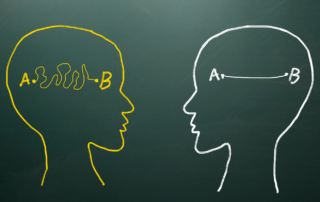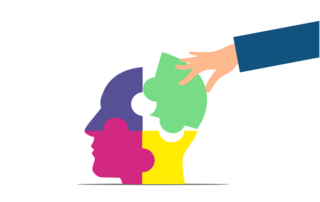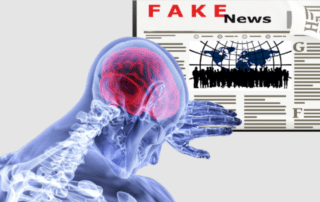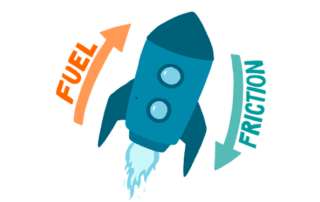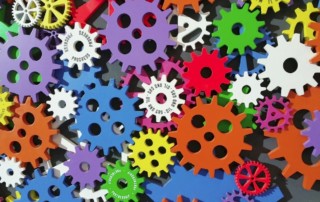Are Our Own Behavioral Biases Biasing Us Against Behavioral Science?
There have been a lot of juicy headlines in behavioral science around replicability and the falsification of data. I can’t help but wonder whether these spotlights are distracting (read: biasing) us from the potential and existing contributions of the field as a whole. Perceptions of behavioral science are just as vulnerable to our perceptions and biases. Is it possible that the field is suffering from the effects of its own contributions?



